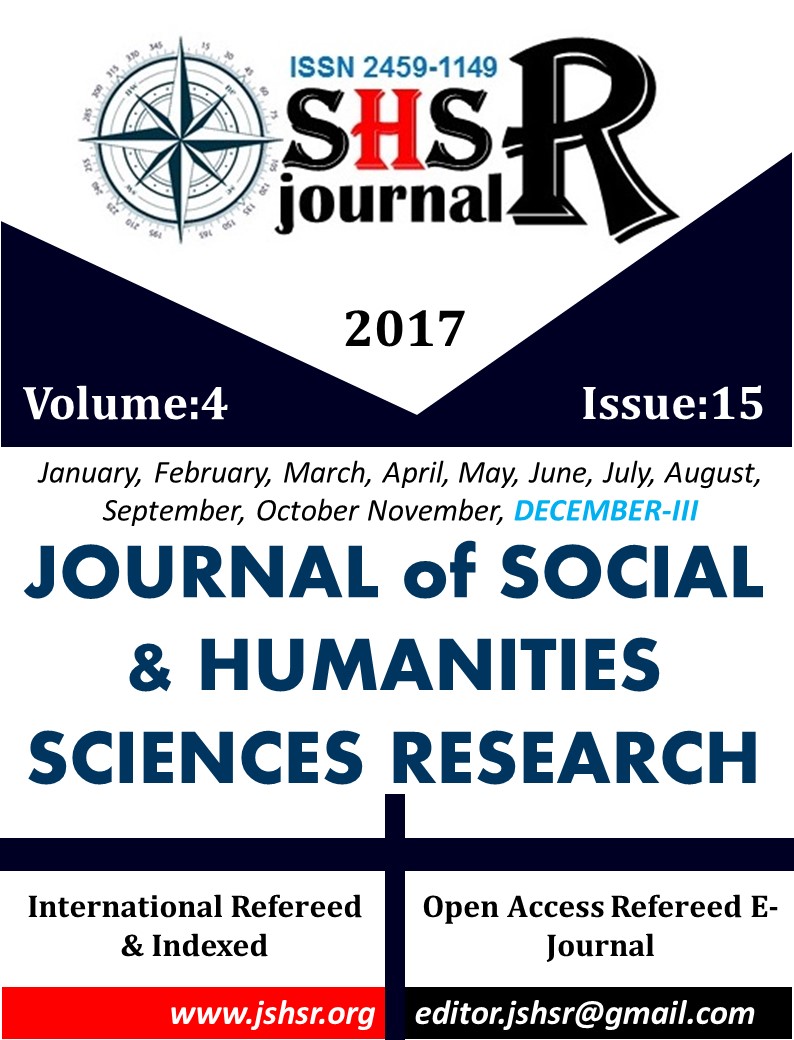CRISIS MANAGEMENT IN SPORTS AND A CASE STUDY: REFEREES TAKEN HOSTAGE IN TRABZON
DOI:
https://doi.org/10.26450/jshsr.287Keywords:
Football Industry, Crisis Management, Trabzonspor, RefereesAbstract
Currently, the most popular branch of sports trailing masses of people is football. Regardless of age, gender, or nationality, football is liked and followed by young and old alike. Therefore, it has become a giant economy in the world currently amounting nearly 150 billion Euro. Fortune Magazine reports that the size of football economy in Turkey is right under 1 billion Euro as of 2016.This being the case, Trabzonspor, referred as the Representative of Anatolia among the other three important Istanbul-based clubs in Turkish Football League, scored many achievements from past to present including but not limited to championships. However, on 28th of October in 2015 in Trabzon, referees were taken hostage for 4 hours in the stadium following the super league match with Gaziantep that ended in a draw with two goals scored for both sides. The event was marked as a crisis in the history of football. After the intervention of the President by calling Trabzon, the referees were able to depart the stadium under the protection of policemen at the end of 4 hours of hostage. This study deals with the match and the events took place in the aftermath as crisis and tries to reveal the position of Trabzonspor, Football Federation, and the relevant units within the crisis. The study also presents recommendations for the solution of the crisis based on the evaluation of 2practices in the media regarding crisis management.
Downloads
Published
How to Cite
Issue
Section
License
Copyright (c) 2017 INTERNATIONAL JOURNAL OF SOCIAL HUMANITIES SCIENCES RESEARCH

This work is licensed under a Creative Commons Attribution 4.0 International License.


